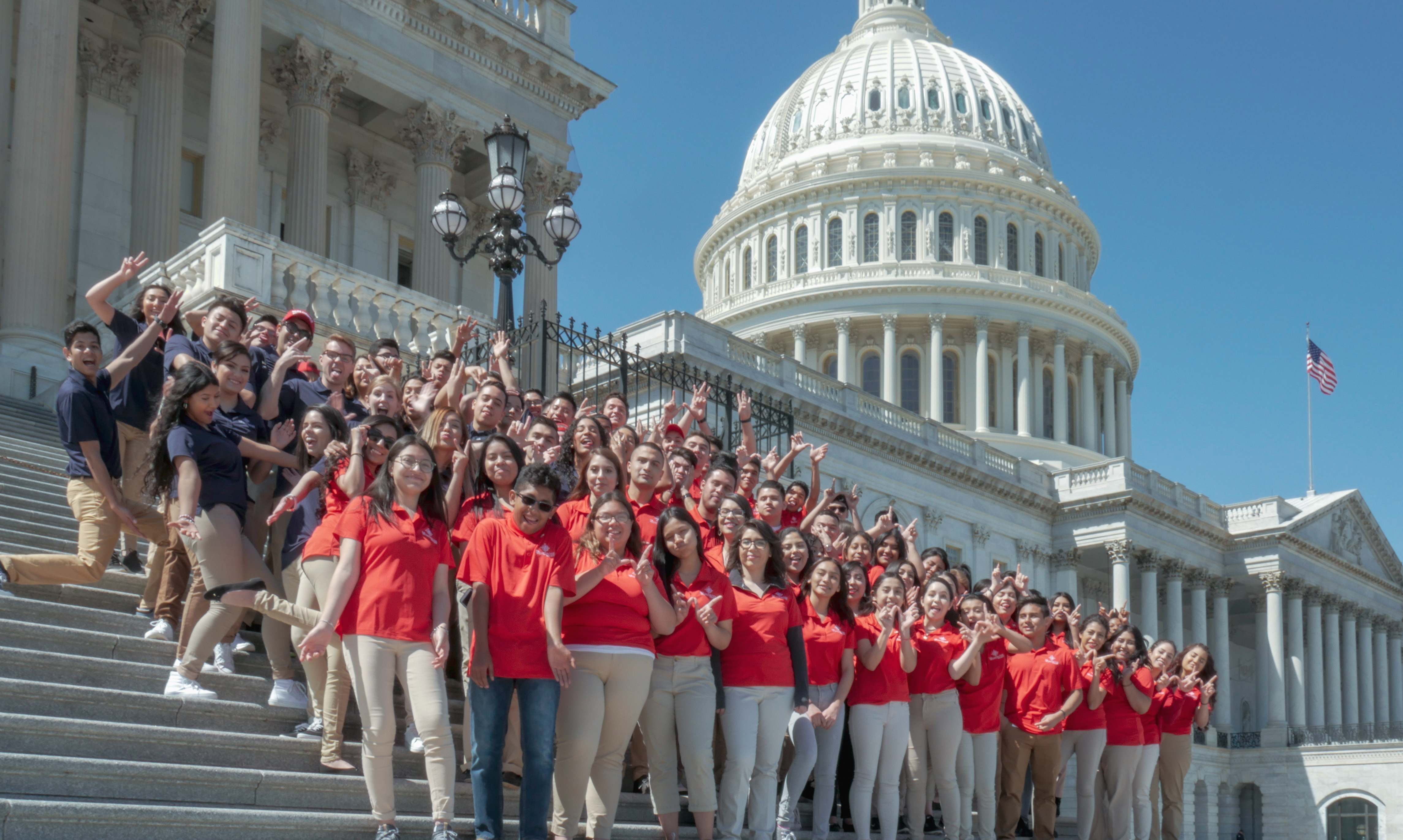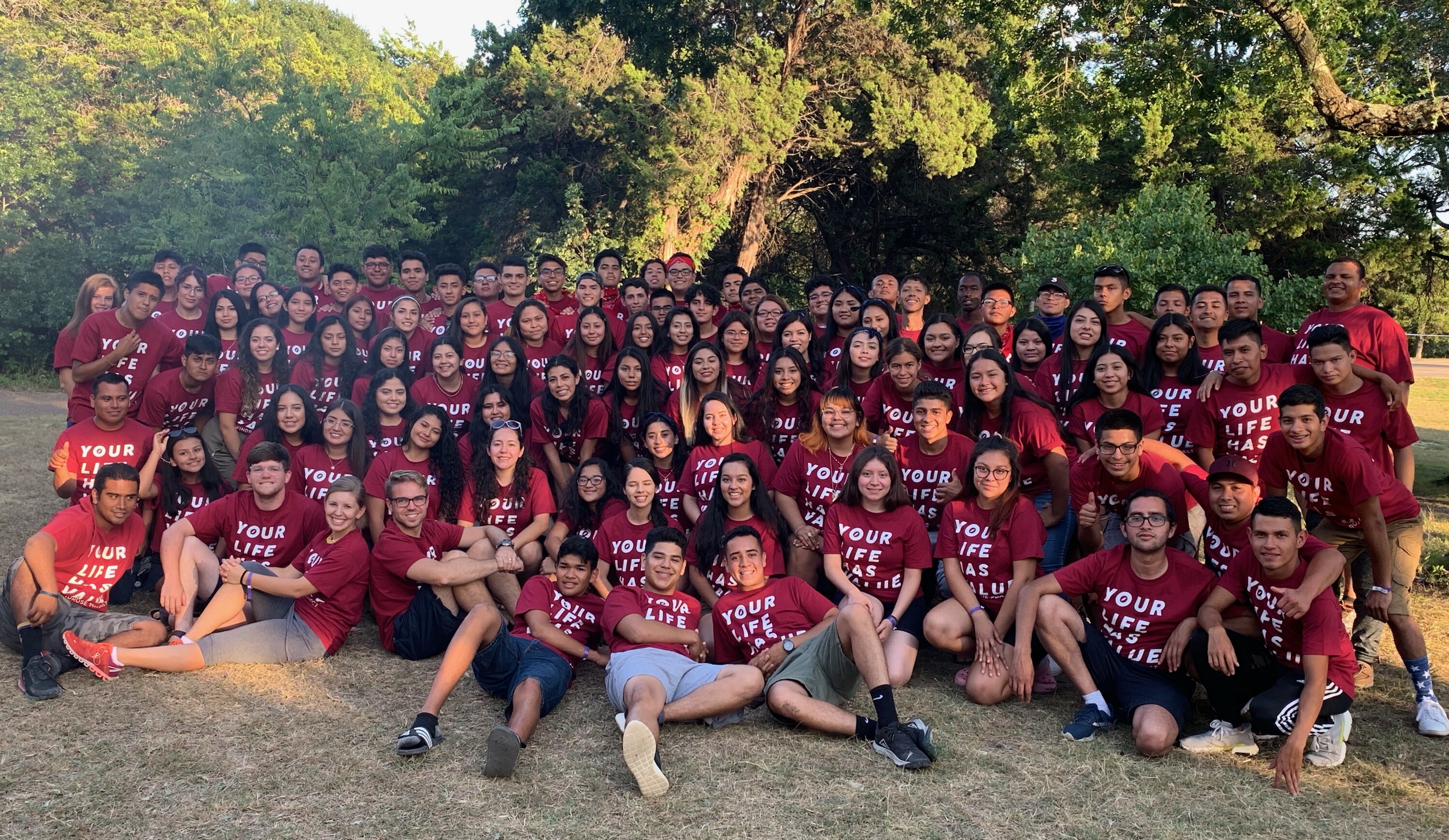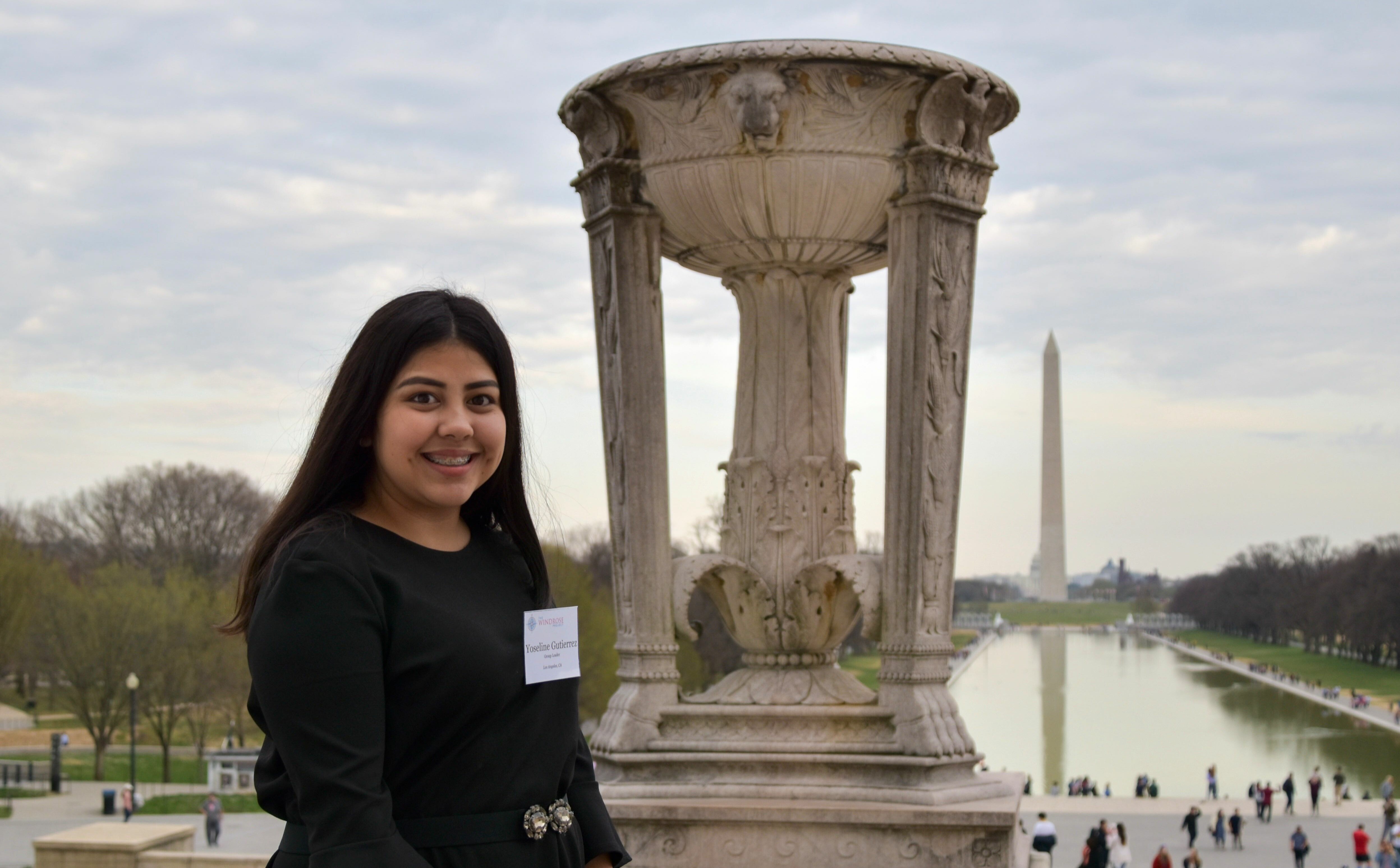
By Jared Eckert
Have you ever thought about how much people obsess over the things that come out of Washington, D.C., and Hollywood? On the same news stand you will see newspapers reporting on D.C. politics as well as magazines that give us the latest celebrity gossip. It seems that the happenings in these two cities generate most of the content sold at these stands.
From this small fact, it is clear that people in our nation are interested in and influenced by politics and culture. But have you ever stopped to ask which one has the greater influence? Have you ever wondered if the influence of one city determines the happenings of the other?
When thinking about the relation of civil society and politics, most people subscribe to one of two philosophies. On the one hand, there are those who believe that politics is downstream from civil society. On the other hand, there are others who think that civil society is downstream from politics.
Those who hold the former position think that politics—legislation, government officials, regulations, etc.—is always the product of civil society—arts, business, education, religion, etc. As a result, they elevate the influence of civil society as the sole arbiter of their nation’s political fate and moral climate. Some even go so far as to say that government should be radically minimized, even eliminated, because civil society is self-sufficient to shape and organize people.
Those who hold the latter opinion think that civil society is the product of politics. These individuals tend to idolize the influence of politicians and elected officials, sometime to the extent that they think the state should take total control.
So which is true?
As with most contrasting views, the truth is somewhere in the middle.
In this case, both civil society and politics exert mutual and simultaneous influence on one another.
Perhaps it is best to think of politics and civil society as two continents that border the same ocean. The waves move away from one shore to the other shore and then back the other way. Thus, both shores are hit by waves sent from the other. Given enough time, these waves will shape the contours of each continent.
In the end, we cannot deem one to be of greater weight than the other. Our laws will shape the way we and our fellow citizens view the world, and so will our culture. The two prop each other up. To dispense with one is to let the other fall flat.
Still, it is important to keep in mind that the mere existence of the two together does not itself enable a regime to flourish. For a regime to flourish, we will need both good politics and good culture. The two are synergistic. If the one is bad the other will suffer. If the one is good, the other will likely thrive.
Ultimately, if we want our nation to thrive, we will need individuals who are willing to work at forming both politics and civil society for good. The Windrose Project is raising up leaders to do just that!





